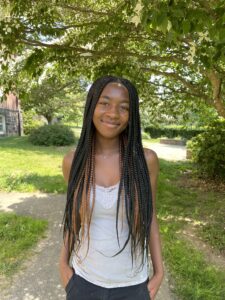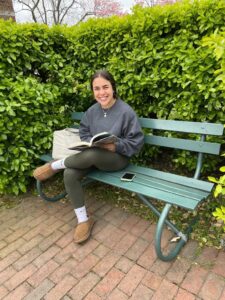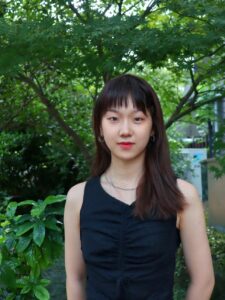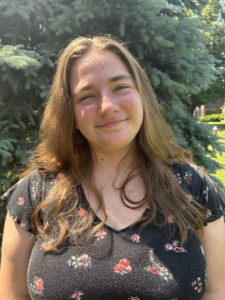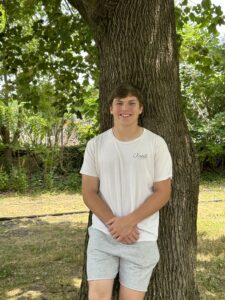After almost a year of assessing and evaluating the functioning of the Deans’ Office, including analysis of the community surveys last year, we have worked to create a more holistic, and thus less reactive, approach to supporting students and to improve channels of communication into, around, and out of the department.
The Deans’ Office has been renamed the Office of Student Life, with the following changes set to take place beginning in the 2024-2025 school year:
 Class Deans will be assigned to each class to serve as the primary administrators and point persons for each grade as it moves through the school. Using a holistic approach, the Class Deans will work closely with teachers, coaches, dorm heads, advisors, and learning center staff to meet the academic and socio-emotional needs of each student. Class Deans will celebrate student achievement, communicate closely with families, and encourage class bonding.
Class Deans will be assigned to each class to serve as the primary administrators and point persons for each grade as it moves through the school. Using a holistic approach, the Class Deans will work closely with teachers, coaches, dorm heads, advisors, and learning center staff to meet the academic and socio-emotional needs of each student. Class Deans will celebrate student achievement, communicate closely with families, and encourage class bonding.
The Class Deans are:
- Grade 12: Carly Wassel
- Grade 11: Theresa Montagna
- Grade 10: Kim Bryant
- Grade 9: Lazarus Bruner, Jr.
 Director of Residential Life. After a thorough hiring process involving extensive community feedback, Shamika Ford will be joining the George School community as the Director of Residential Life (DRL), a newly created position in the Office of Student Life. The DRL will be responsible for the visionary leadership and development of a robust residential life program dedicated to the emotional and holistic health of all students. The DRL will also manage all aspects of student housing and residential leadership. Shamika will live on campus as a visible and active member of the school community, and will play a role in the supportive, disciplinary, and restorative practices in the office.
Director of Residential Life. After a thorough hiring process involving extensive community feedback, Shamika Ford will be joining the George School community as the Director of Residential Life (DRL), a newly created position in the Office of Student Life. The DRL will be responsible for the visionary leadership and development of a robust residential life program dedicated to the emotional and holistic health of all students. The DRL will also manage all aspects of student housing and residential leadership. Shamika will live on campus as a visible and active member of the school community, and will play a role in the supportive, disciplinary, and restorative practices in the office.
 Laurie Moyer will continue under the role of Administrative Coordinator and Shari Rossmann will continue as Director of Student Activities. After serving our students in the work of this department, and acting as a tremendous support to Mb in their new role this year, Eric Wolarsky has elected to return to the classroom full-time next year.
Laurie Moyer will continue under the role of Administrative Coordinator and Shari Rossmann will continue as Director of Student Activities. After serving our students in the work of this department, and acting as a tremendous support to Mb in their new role this year, Eric Wolarsky has elected to return to the classroom full-time next year.
The Office of Student Life is grateful to the community for providing valuable feedback that helped to inform this new office structure. We are excited to be expanding and shifting the office in these vital ways and enhancing our work together in support of our students.
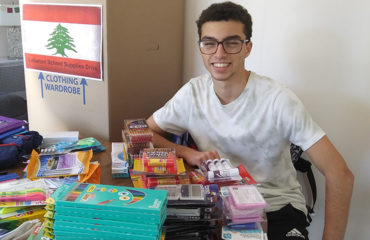

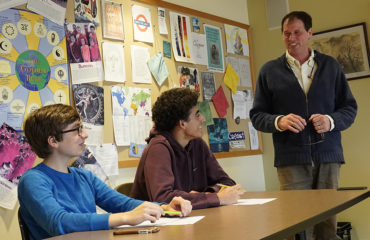
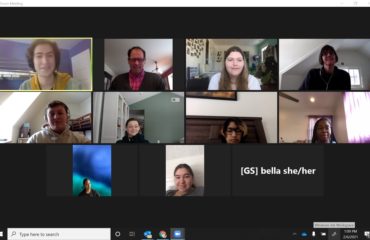
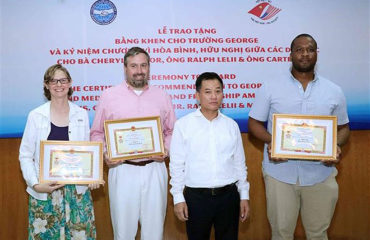
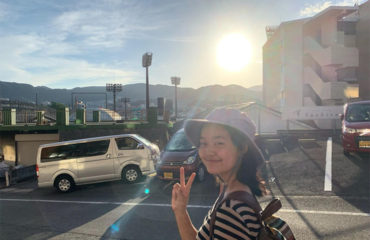
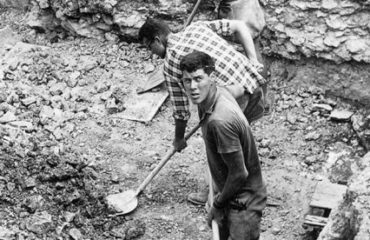
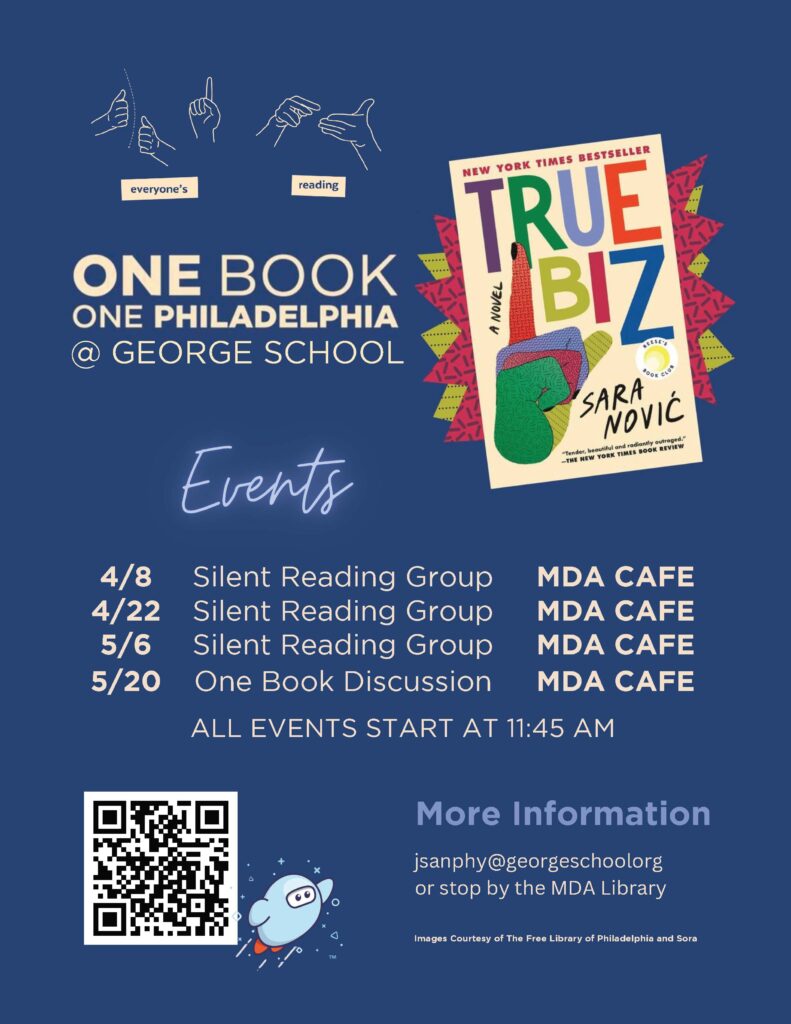
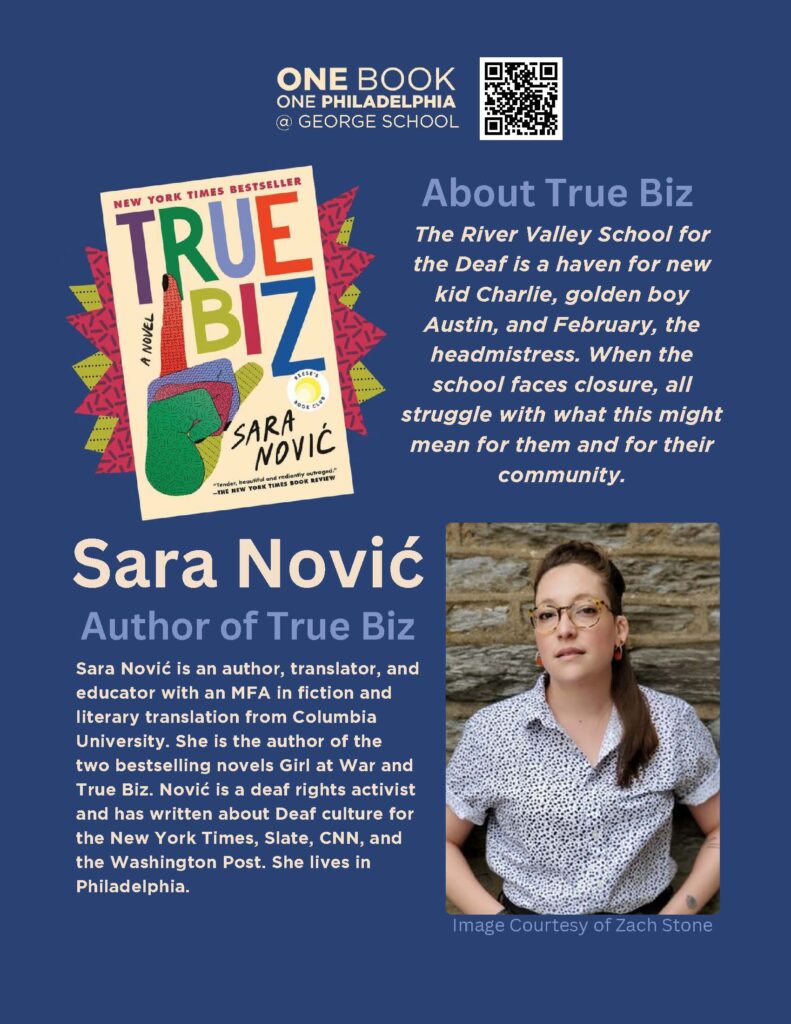



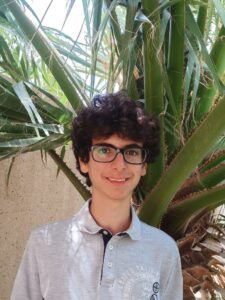 Monastir, Tunisia, and Amman, Jordan
Monastir, Tunisia, and Amman, Jordan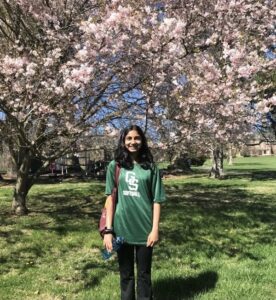 Irvine, CA
Irvine, CA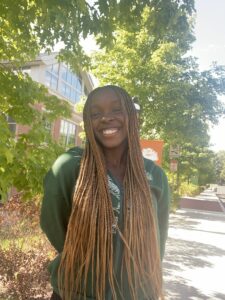 Feasterville-Trevose, PA
Feasterville-Trevose, PA New Hope, PA (Previously NYC)
New Hope, PA (Previously NYC)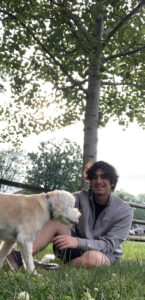 Richboro, PA
Richboro, PA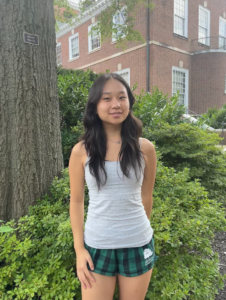 Englewood, NJ
Englewood, NJ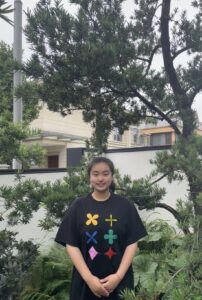 Ningbo, Zhejiang, China
Ningbo, Zhejiang, China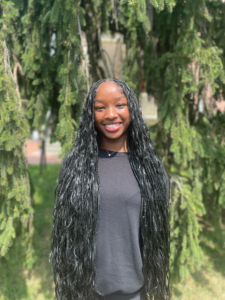 Willingboro, NJ
Willingboro, NJ Yardley, PA
Yardley, PA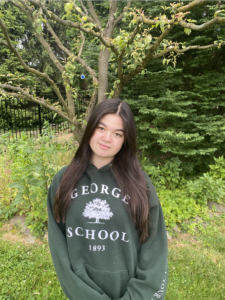 Newtown, PA
Newtown, PA Holicong, PA
Holicong, PA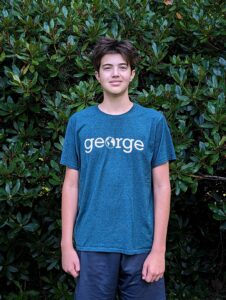 Newtown, PA
Newtown, PA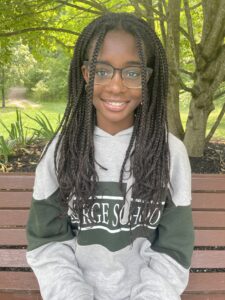 Hamilton, NJ
Hamilton, NJ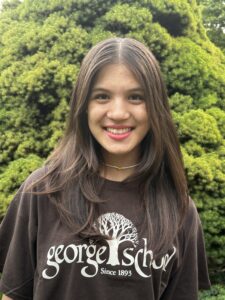 Yardley, PA
Yardley, PA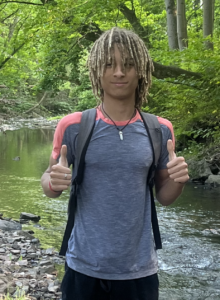 Lambertville, NJ
Lambertville, NJ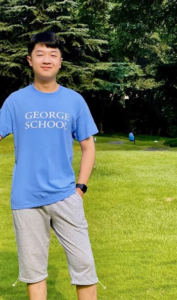 Chongqing, China
Chongqing, China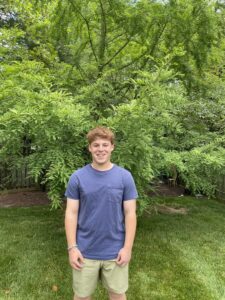 Pennington, NJ
Pennington, NJ Yardley, PA
Yardley, PA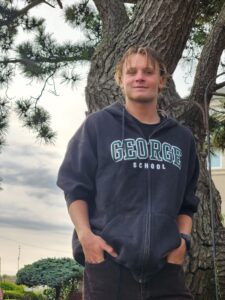 Bensalem, PA
Bensalem, PA Borgota, Colombia
Borgota, Colombia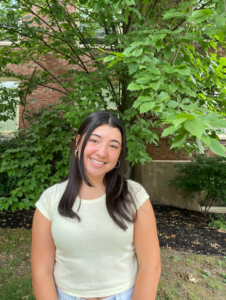 Newtown, PA
Newtown, PA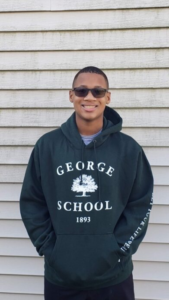 Burlington, NJ
Burlington, NJ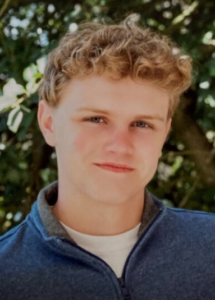 Langhorne, PA
Langhorne, PA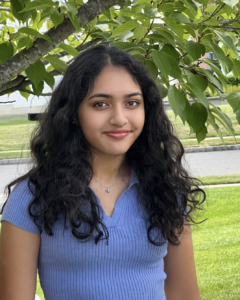 Princeton, NJ
Princeton, NJ Langhorne, PA
Langhorne, PA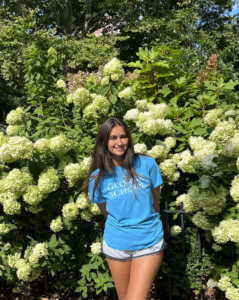 New York City, NY
New York City, NY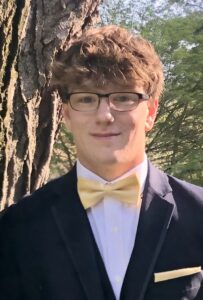 New Hope, PA
New Hope, PA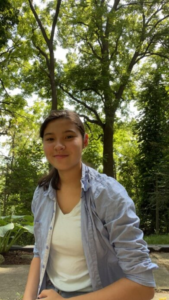 St. Catharines, Ontario, Canada
St. Catharines, Ontario, Canada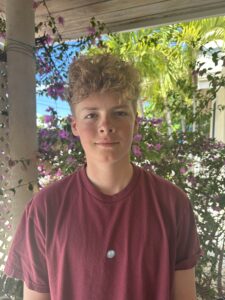 Providenciales, Turks and Caicos Islands
Providenciales, Turks and Caicos Islands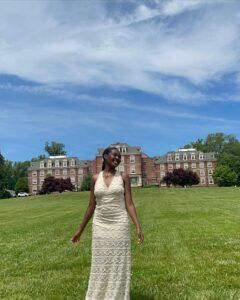 Willingboro, NJ
Willingboro, NJ Princeton, NJ
Princeton, NJ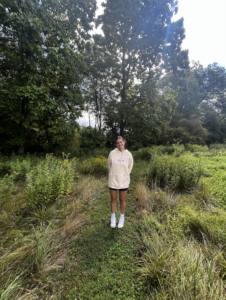
 Newark, NJ
Newark, NJ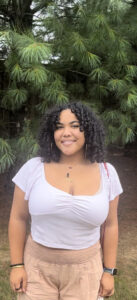 Trenton, NJ
Trenton, NJ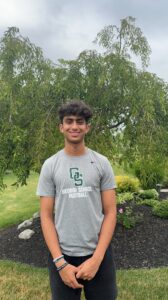 Newtown, PA
Newtown, PA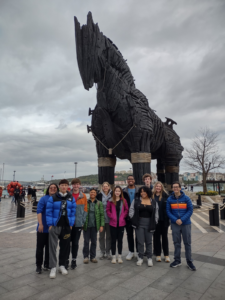
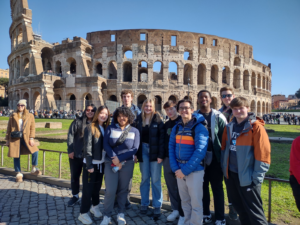
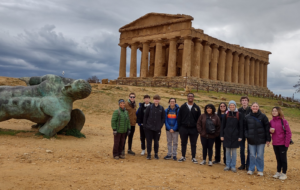

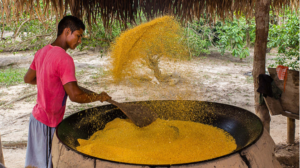


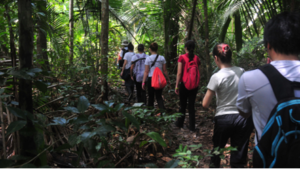
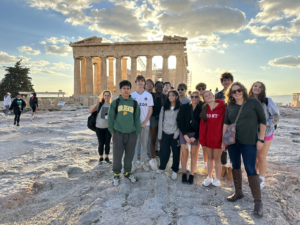
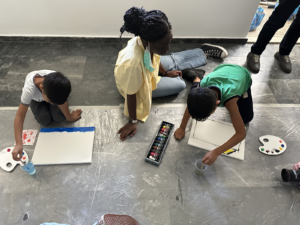
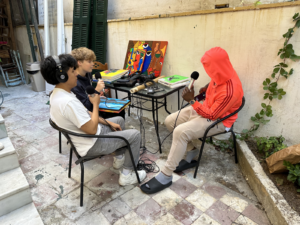
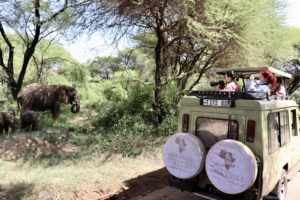
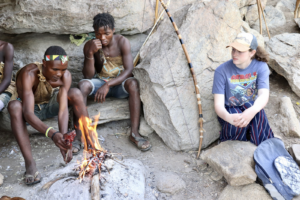
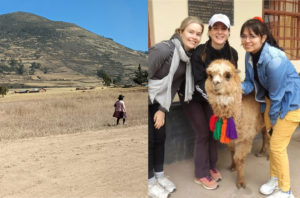
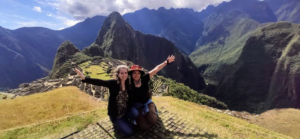
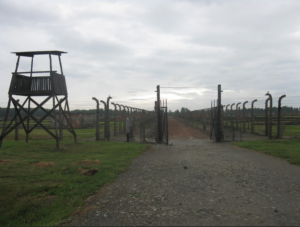
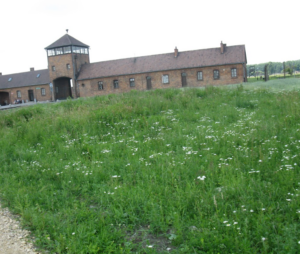
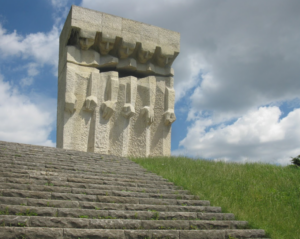
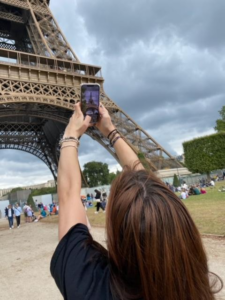
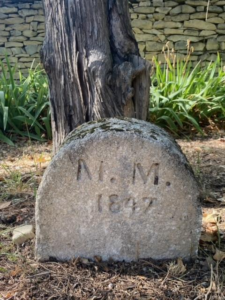
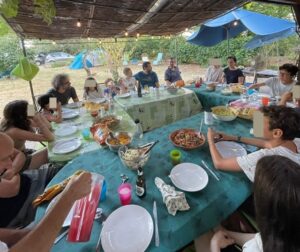
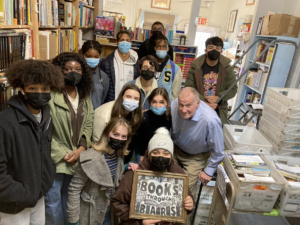
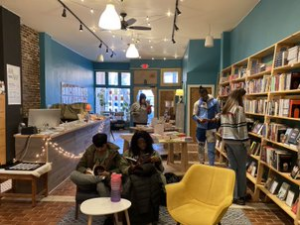
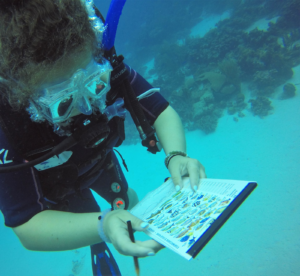
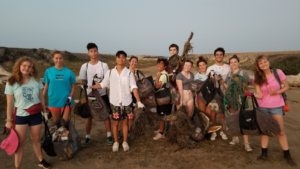
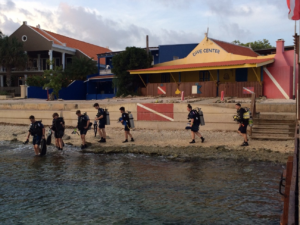
 Lawrence, NJ
Lawrence, NJ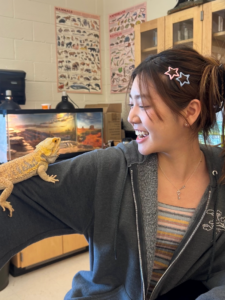 Seoul, South Korea
Seoul, South Korea
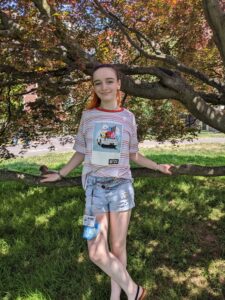 Milwaukee, Wisconsin
Milwaukee, Wisconsin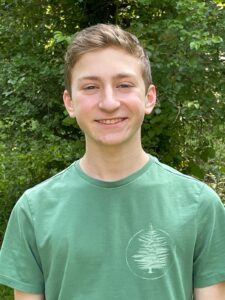 Pennington, NJ
Pennington, NJ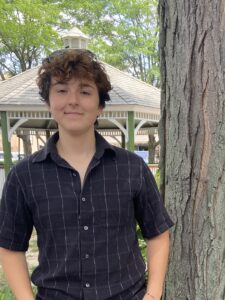 Jenkintown, PA
Jenkintown, PA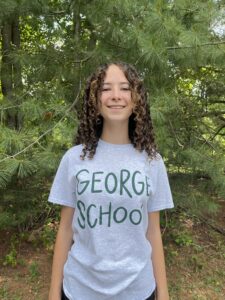 Ottsville, PA
Ottsville, PA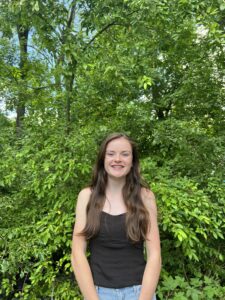 Yardley, PA
Yardley, PA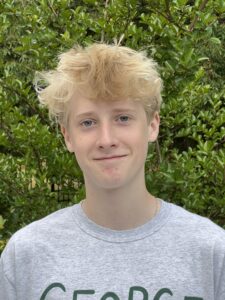 Providenciales, Turks and Caicos Islands
Providenciales, Turks and Caicos Islands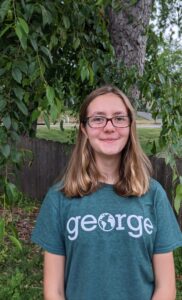 Hopewell, NJ
Hopewell, NJ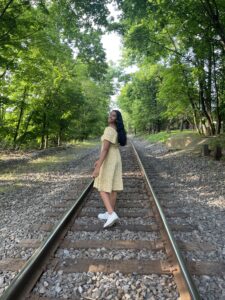
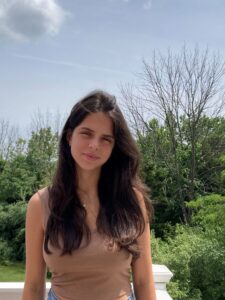 Pottstown, PA
Pottstown, PA Playa del Carmen, Quintana Roo, México
Playa del Carmen, Quintana Roo, México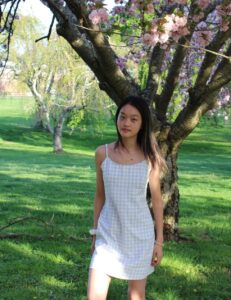 Shanghai, China
Shanghai, China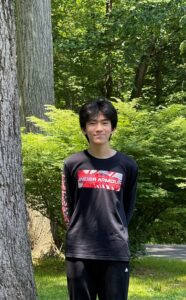 Beijing, China
Beijing, China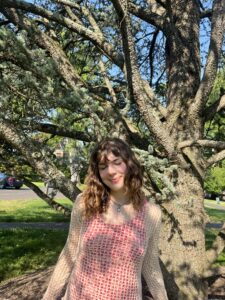 Yardley, PA
Yardley, PA Beijing, China
Beijing, China Holland, PA
Holland, PA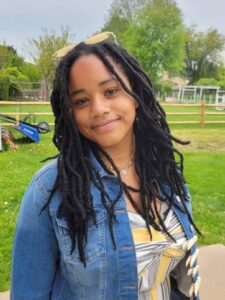 Langhorne, PA
Langhorne, PA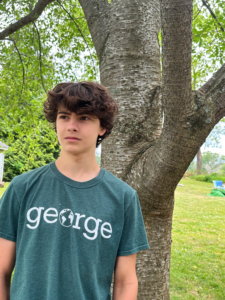 Ringoes, NJ
Ringoes, NJ New Hope, PA
New Hope, PA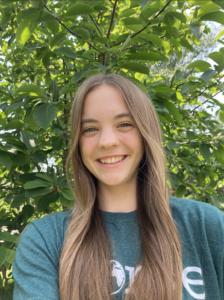 Dreshner, PA
Dreshner, PA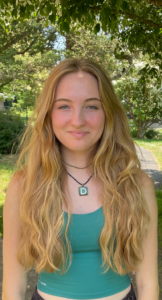 Yardley, PA
Yardley, PA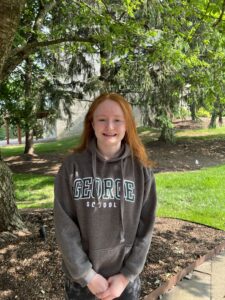 Yardley, PA
Yardley, PA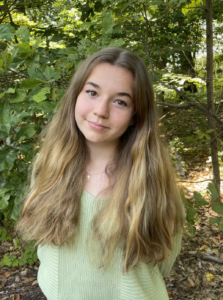 PA
PA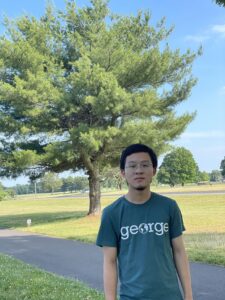


 Xi’an, China
Xi’an, China